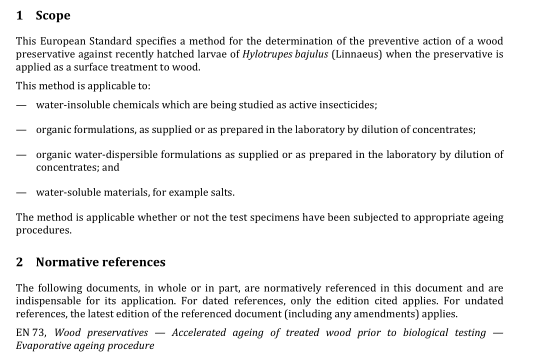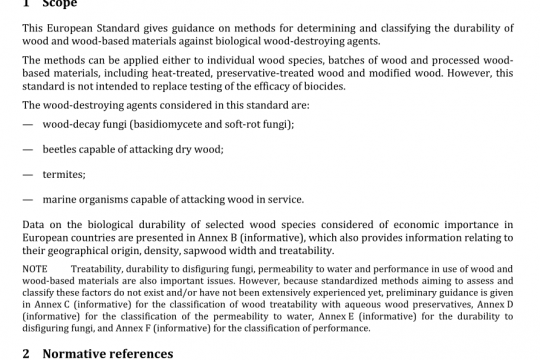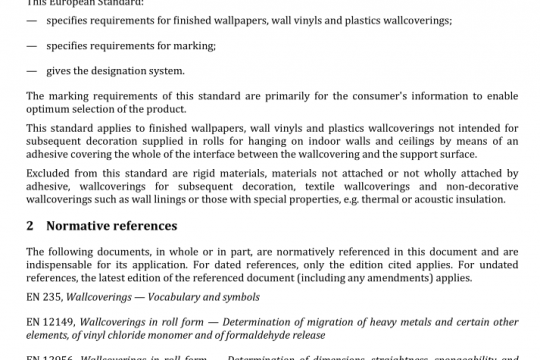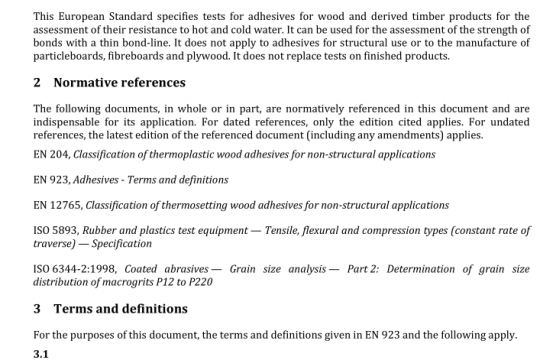BS IEC 62047-32 pdf free download
BS IEC 62047-32-2019 pdf free download.Semiconductor devices – Micro- electromechanical devices Part 32: Test method for the nonlinear vibration of MEMS resonators.
5.2 Test conditions
a) Keep the ambient temperature within 23 °C ± 5 °C.
b) Maintain the vacuum degree of the vacuum chamber according to the actual operation of the resonator.
c) Adjust the micro-optical apparatus to restrict the laser spot within the surface of the resonator.
d) For transparent resonators, the laser beam should illuminate on the metal layer on the resonator to enhance the reflected laser intensity.
e) The connection of the resonator, the installing base and the vacuum chamber should be strong enough.
f) For out-of-plane vibrating resonators, the surface of the installing base should be parallel to the horizontal plane. For in-plane vibrating resonators, the surface of the installing base should be set to a certain angle about the horizon level, to ensure enough intensity of the reflected laser into the detector.
g) The vacuum pump and the vacuum chamber should be connected with flexible bellows in case of the vibration propagation from the pump to the chamber.
h) The angle valve should be tightly shut off to well maintain the vacuum level, and then the pump turned off before operating the test procedure.
5.3 Test procedures
a) Set the frequency of the vibration excitation according to the estimated value of the natural frequency of the resonator. And then implement the initial frequency scan around the natural frequency within a wide range. The amplitude frequency response and the phase frequency response can be measured according to the vibration displacement of the resonators. And record the resonant frequency of the resonator.
b) Reset the vibration excitation parameters to implement the frequency scan for the second time: reducing the interval of the frequency scan to half of that set in the initial frequency scan and reducing the range of the frequency scan to ten times of the half-power bandwidth of the amplitude frequency response. The amplitude frequency response and the phase frequency response can be measured according to the vibration displacement of the resonators. And record the resonant frequency of the resonator.
c) Compare the resonant frequencies obtained by the initial and the second tests. If the discrepancy in the resonant frequencies is smaller than 1 ppm1 of the resonant frequency measured in the second test, either the initial or the second test result can be deemed as the accurate amplitude frequency response and the phase frequency response. If the discrepancy in the resonant frequencies exceeds 1 ppm of the resonant frequency measured in the second test, the third time frequency scan with further small frequency interval should be implemented, until the discrepancy in last tested resonant frequency and the previous one is smaller than that 1 ppm of the resonant frequency measured in the last test.
6 Test method for the bending factor of the nonlinear vibrating frequency response
a) Test the nonlinear vibrating amplitude frequency response of the MEMS resonator according to the method presented in Clause 5. And obtain the resonant frequency (4 and the resonant amplitude a.
b) The bending factor can be calculated by substituting the resonant frequency w.and the resonant amplitude a into Formula (All) as provided in Annex A. The value of %can be determined by its design value.
7 Test method for the amplitude threshold for the nonlinear jump
a) Obtain the bending factor of the amplitude frequency response of the MEMS resonator by the method set out in Clause 6.
b) The nonlinear jump phenomenon is presented in Annex B. Figure B.1. The amplitude threshold for the nonlinear jump can be calculated by substituting the bending factor h into Formula (2).BS IEC 62047-32 pdf download.




